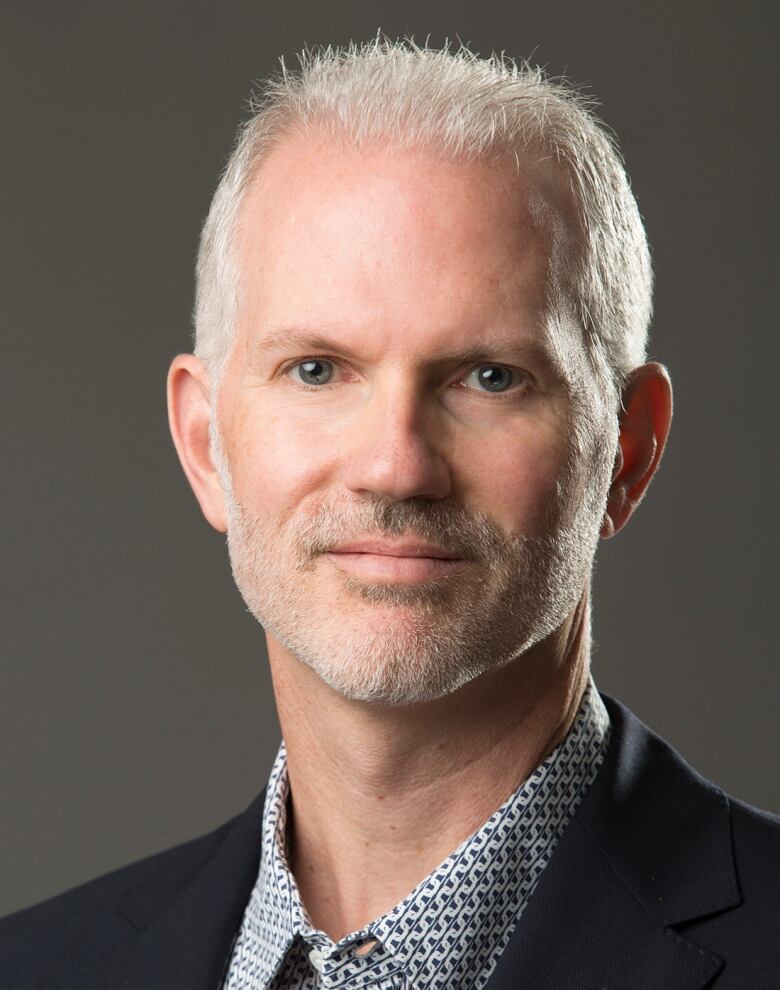What impact do doctor-assisted deaths have on the doctors?


The road to assisted-dying in Canada was not a smooth one.
Much of the debate focused on who could qualify, and the overarching rights of patients to gain control over the end of their lives.
But there also is another party involved in assisted death: the doctor.
Dr. Jeff Blackmer has thought a lot about the psychological toll assisted-dying could take on his colleagues.
He says the profession needs a framework to support Canadian doctors who struggle with the emotional burden.
People need to remember that we are a profession that has been trained to do everything that we can to prevent death, to see death as a failure and certainly never to hasten death. This has been part of our moral underpinning for centuries now, so to quite quickly take a different approach to that and say it's now legally and morally acceptable to cause death is a very different approach and I know a lot of doctors struggle with that.- Dr. Jeff Blackmer
The full interview is available in the audio player above. The following portions have been edited for clarity and length.
What are you hearing from doctors about how they feel when they assist a patient in death?
Certainly we know from evidence in other jurisdictions that this does take an important psychological and emotional toll on physicians. There's a large cohort that we know either won't participate or will participate but will do so reluctantly and will really feel that emotionally. There is also a smaller cohort who have been vocal supporters of this, so we are hearing that conversely they sometimes find this very rewarding because they are ending the suffering of the patient. We need to be aware of both of those views but particularly need to provide support and assistance to the physicians that are struggling with this.
We've had some experiences in Ottawa where physicians and other health care providers who had given this a lot of thought, who really felt they were emotionally and psychologically ready to provide assisted dying, who when they actually went through the process and experienced it directly, really, really struggled with their feelings and their emotions and how they were going to reconcile this with their own personal morality. They thought they were ready for it, they thought they were prepared, but the theory of something can be quite different from the practical reality.
Struggled how? How would you characterize the reactions you've been hearing?
I think they struggle with this underpinning of years of training we've had as physicians to say even when patients are suffering, we do everything we can to relieve that suffering but we do not directly intentionally cause death. So when that is your moral framework —that's the common understanding amongst the profession from which you're working — when you go against that common moral understanding it speaks to who you are as a person and as a professional and people struggle with that. But it's also just the common human struggle, not just as members of a profession, but for any human to end the life of another is a very profound emotional undertaking.
They thought they were ready for it, they thought they were prepared, but the theory of something can be quite different from the practical reality.- Dr. Jeff Blackmer
Many doctors have a lot of experience dealing with death. How different is this?
It depends on the individual. For the majority of our members, it is fundamentally different. And I know people have equated it in some ways with withdrawing care, so taking someone off a ventilator. But in that case it's really the underlying illness that's causing death and it's really respecting the wishes of the patient and the family not to pursue aggressive treatment. That's very different that intentionally giving a substance, injecting it into someone's vein, that you know is going to cause their death in a very short period while you are standing there.
We haven't heard much talk about the effect of this new legislation on physicians, why do you think that is?
I think that the public dialogue really focused on autonomy and individual choice and how far to extend that individual choice. I think that in internal conversations, we certainly felt like the physician voice was heard and listened to. I've spoken to literally thousands of doctors across the country and this is one of the concerns that I've been hearing. There's lots of angst about whether or not physicians will be forced to participate. I think we've answered that question, no one is going to force physicians to participate against their will and now it turns to the question of for those who elect to participate, how do we make sure that they are properly supported.

You're a practicing physician yourself, you specialize in spinal cord injury. Have you considered providing assisted death?
This is something I have given a lot of thought to over the years both in terms of system level conversations, but also my own individual feelings. Like many of my colleagues, it's a very personal issue that I discuss with my patients and not generally in public.
This is so personal for two reasons. Partly because it's so new and a lot of physicians are still struggling with how they will deal with it once they are asked. There's also practical considerations around personal safety and the way that their colleagues or members of the public will act to this. There's a real sensitivity because of the threats and the real physical harm that physicians have come to because of providing other services like abortion where it's so emotionally charged and people have such strong opinions.
Click the play button above to hear Dr.Jeff Blackmer's full interview with Jim Brown.